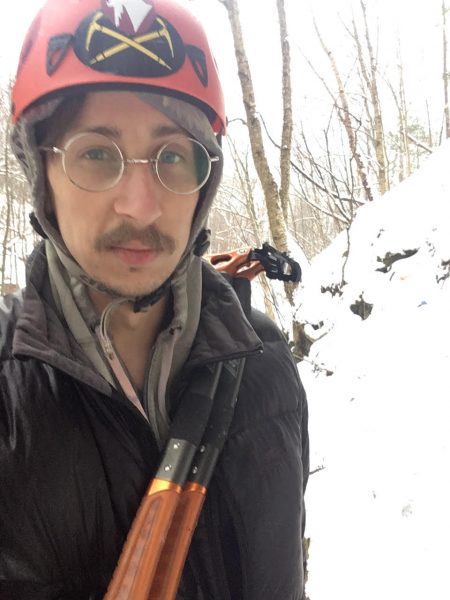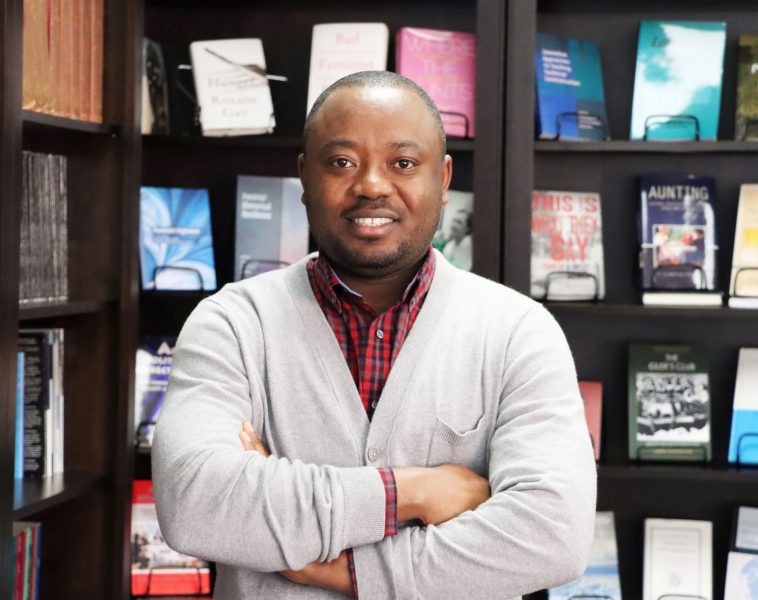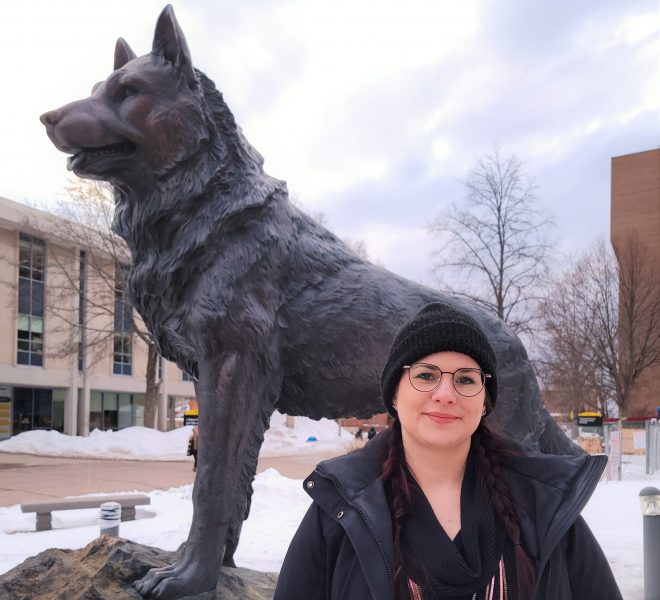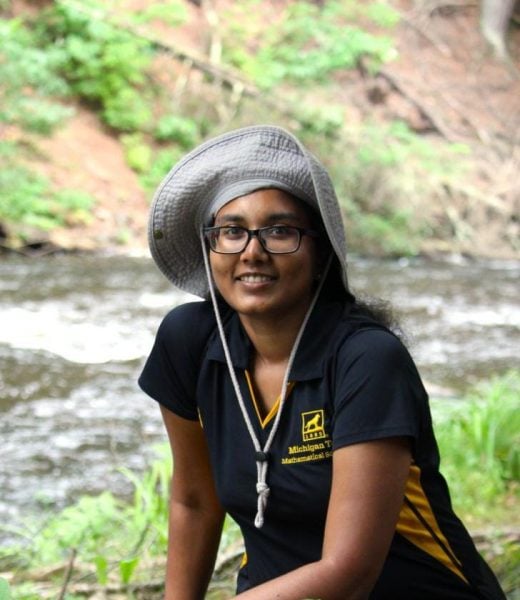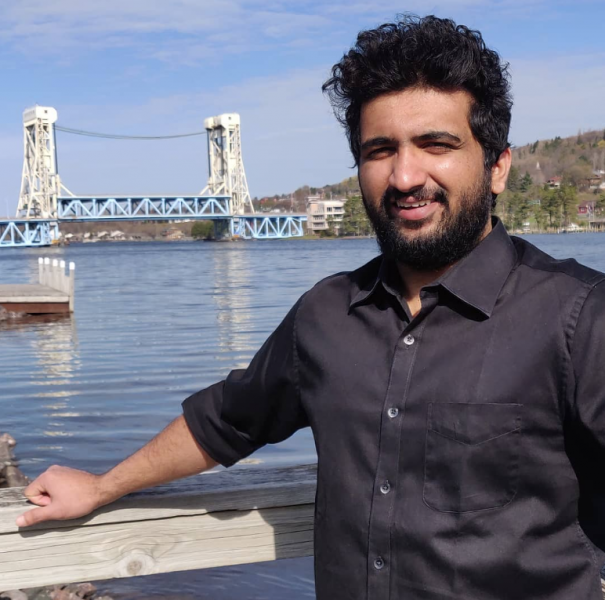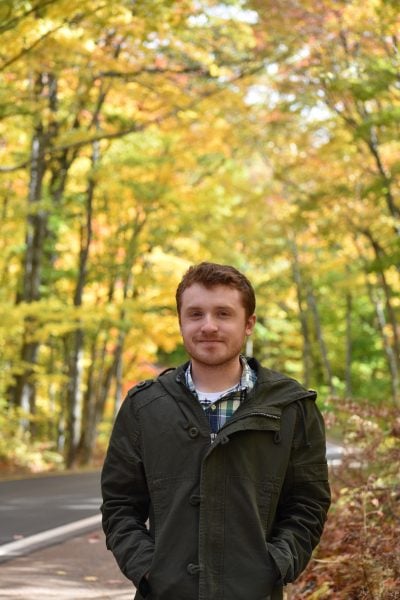I began my PhD journey in Fall 2019 in the Electrical and Computer Engineering (ECE) department studying underwater acoustic communication systems. After taking a machine learning course, I decided I wanted to make machine learning and artificial intelligence a larger focus of my studies and ultimately joined a project focused on natural language processing (NLP) technologies for the summarization of dialogue.
My main dissertation chapters primarily focus on text summarization (how to concisely and accurately represent a large body of text with a small one) and segmentation (how to split up long chunks of dialogue into smaller ones). In my favorite chapter contained in the dissertation, I propose a text segmentation metric that goes beyond current segmentation metrics by scoring a segmentation set without requiring a human to provide a reference, which is currently required by all existing segmentation metrics. I continued this segmentation work by considering the case of fuzzy text segmentation, where the boundaries between segments are no longer solid and a sentence within a document can belong partly to multiple segments.
The papers on summarization are still in preparation, with one discussing a small model architecture modification to improve summarization quality and another exploring methods of demonstrating summarization model ownership by adding watermarks to generated content. As language models become more widely used, concerns about their use will continue to grow; one solution to this is to have ways of detecting or proving that the origin of text comes from a language model. In addition to these papers, I have also published on a technique for using limited human feedback in the form of a binary good/bad response to help improve model performance for classification models that contain more than two classes.
I would like to thank my advisor, Dr. Timothy Havens, for his support, encouragement, and guidance throughout my PhD. The last two years of my work would also not have been possible without the support of Bob Friday and Paul Fulton from Visionyze; they have funded my research up until this point and collaborated with me on several projects. I’d also like to thank my committee and the ECE department for their support along the way. Finally, I am incredibly grateful to the Graduate School as well as the Graduate School Awards Advisory Panel for awarding me this fellowship, which will help me complete my dissertation and finish publishing the last papers of my PhD.
